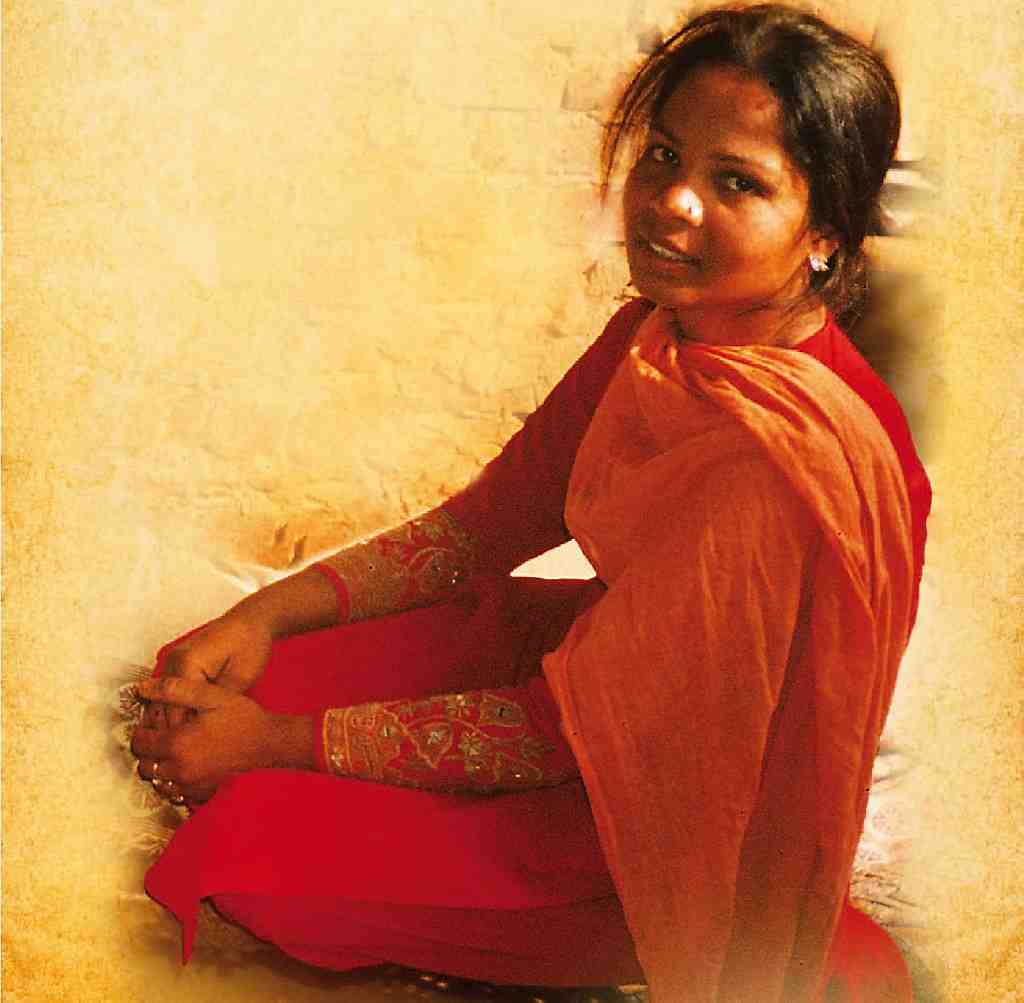By Saima Baig
On October 7, 2016, an article appeared in Pakistan’s Dawn Newspaper, alleging that in a civil military leadership meeting, the Government (prime minister Nawaz Sharif, his brother and other senior officials were present) had told the military representatives that if they did not make more efforts to go after terrorists, Pakistan will be isolated.
Journalist Cyril Almeida, one of the newspaper’s senior writers, had reported that an argument had taken place between members of the Pakistani government and the army over lack of action against militant groups, and that the director of the Inter-Services Intelligence (ISI) General Lt. General Rizwan Akhtar, was asked by government officials to increase actions against terror groups, or face isolation.
Now, in a free, democratic country, where the military serves the people, one would have assumed that this would not be big news. One would also have assumed that the Government would be proud to admit that it, in fact, had told the military to clean up its act. But this is Pakistan and here things do not work the way they do elsewhere.
The Government of Pakistan denied this news three times and criticized the article for being misleading and spreading “half truths”. This is also fine. Governments are also known to backtrack and deny things, even if they seem to be in their favour.
A few days later, the PM Nawaz Sharif had a meeting with the Chief of Army Staff General Raheel Sharif and, soon after, Almeida was put on the Exit Control List. He found this out as he was leaving for a long-planned vacation with his mother. The reason for doing so was given to be “National Security” and that the article did not follow “universally acknowledged principles of reporting”. Almeida had quoted anonymous sources but that is not new either.
How is reporting that the army was ordered to do its job by the Government — which the army says it is already doing — against National Security? People are now also frantically looking for the “universally acknowledged principles of reporting” because they seem to be something that only the Government of Pakistan seems to know about.
In any case, even if the article was a complete fabrication, (which Dawn says it was not and due diligence had been done), how can it be so easy for the Government to bar a journalist from travelling abroad? This is a blatant disregard of his rights and a direct attack on freedom of speech.
Thankfully, most of the journalist community and sane people have sided with Almeida and demanded that his name be removed from the list.
Meanwhile, a Christian woman, Aasia Bibi has been in prison for six years and on death row on blasphemy charges. On January 4, 2011, the Governor of the Pakistani Province of Punjab was shot and killed by one of his own security guards, Mumtaz Qadri. The reason for this was Taseer’s defense of the proposed amendments in the country’s blasphemy laws, as well as his support for the release of Asia Bibi. The murderer Qadri was subsequently hanged for his crime.

Now here is the interesting bit. Aasia Bibi’s final appeal * was to be heard by a Supreme Court Bench on October 13. A couple of days ago however, the denizens of Lal Masjid — a mosque known for its allegiance to ISIS and promoting terrorism — threatened that there would be dire circumstances if Aasia Bibi was not hanged. A #HangAasia hashtag has been floating around on Twitter since yesterday.
Today, the Supreme Court Bench assembled and one of the judges excused himself from the proceedings, after which the hearing was adjourned for an indefinite period. It is very clear to people with common sense that the problem was the fear of Islamic militants, such as the chief mullah of Lal Masjid and nothing else.
Ironically, the threats from Lal Masjid, its allegiance to ISIS etc are not seen as against National Security by the Government or the military. Neither are rallies conducted by various banned organizations. What bothers our fearless leaders is the movement of a journalist.
People in Pakistan and around the world have been thinking (read: hoping), that there has been a paradigm shift in the military’s policy and that now we would see more democratic decisions, extermination of Islamic extremists and more freedoms. This is clearly not the case.
Some of the worst terrorists in the world are roaming free on our streets but a journalist’s freedom is curtailed and a woman cannot get justice because the same terrorists threaten the judiciary.
Pakistan is a fascist country ruled by a fascist army. If it is not the army-supported terrorists killing us, it is the army itself complicit with the politicians in stealing from us, and it is the army that is at the forefront of suppressing our freedoms.
Nationalism and patriotism to me come when a country and all its citizens do good things and head towards a good, progressive future, respecting everyone’s rights, not just because your parents gave birth to you within a certain boundary. There is nothing to be proud of here.
* A Pakistani court has now overturned Asia Bibi’s death sentence.
 Saima Baig is a is an environmental economist and climate change researcher currently based in Karachi. When she is not working on adaptation and mitigation strategies, she writes about various issues including religion, feminism, politics and secularism. She is also a staunch advocate of science education, in particular astrophysics and also blogs about latest news regarding this.
Saima Baig is a is an environmental economist and climate change researcher currently based in Karachi. When she is not working on adaptation and mitigation strategies, she writes about various issues including religion, feminism, politics and secularism. She is also a staunch advocate of science education, in particular astrophysics and also blogs about latest news regarding this.
View her blogs at Huffington Post and The Nation . Follow her on Twitter.

